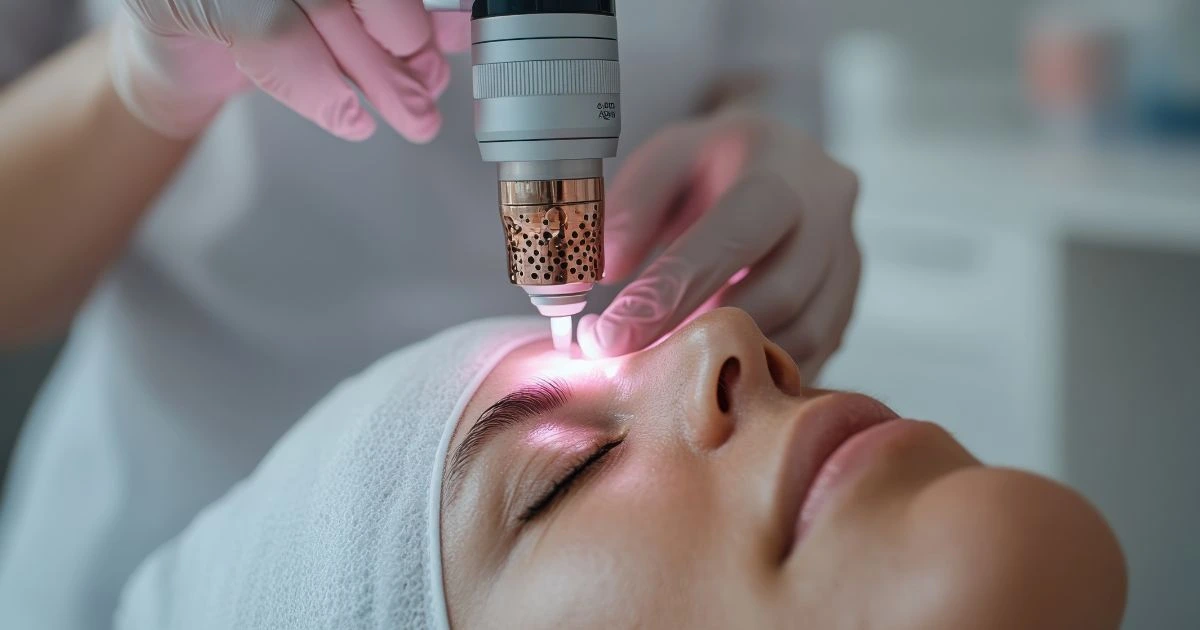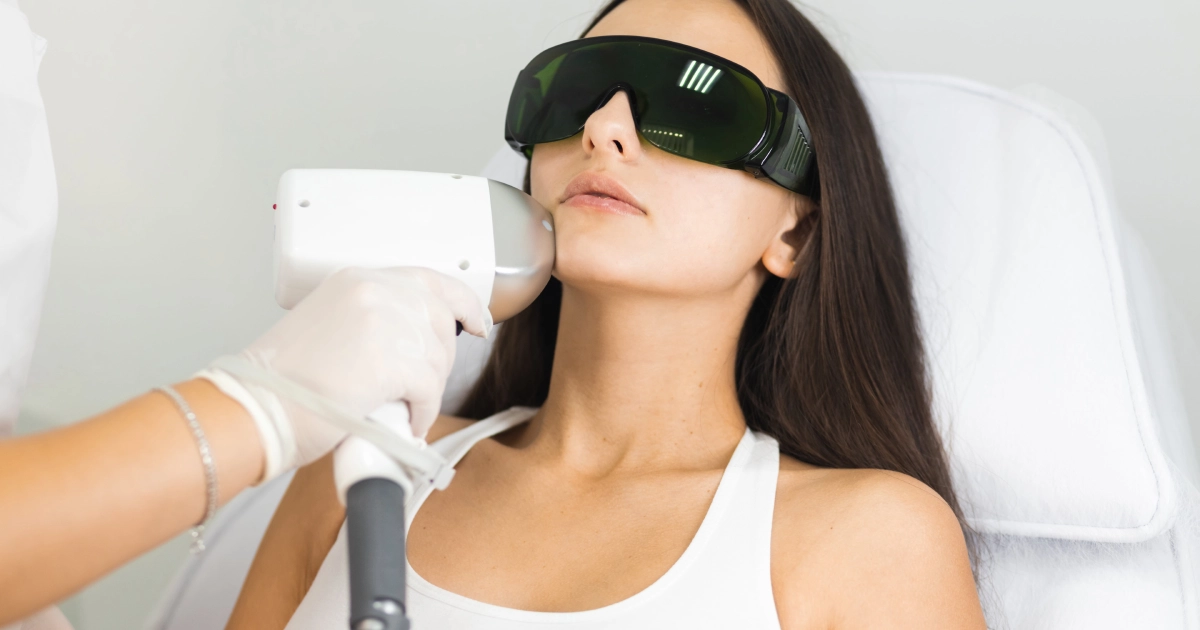Table of Contents
Feeling tired for no reason? Having trouble losing weight despite eating well and staying active? Struggling with irritability, low libido, or brain fog that just won’t go away? These experiences aren’t just “part of getting older”—they may be signs that your hormone levels are out of balance.
Hormonal changes come with age, but that doesn’t mean feeling off has to become your new normal. For women entering perimenopause or menopause and men noticing signs of low testosterone, hormone balancing can restore clarity, energy, and well-being. At Faith Family Health in Princeton, WV, patients find renewed vitality through personalized care that addresses these changes at the root.
What Is Hormone Balancing?
Hormone balancing refers to restoring optimal levels of key hormones, such as estrogen, progesterone, testosterone, cortisol, and thyroid hormones. These chemical messengers influence everything from metabolism and energy to mood and sexual health.
Our hormone production may slow down or shift out of sync as we age or undergo lifestyle changes. Balancing hormones doesn’t mean forcing them into a one-size-fits-all range. Instead, it’s about bringing your unique system back into a rhythm that supports how you want to feel and function each day.
Why care? Because when your hormones are in sync, your body works better. You feel clearer, stronger, more emotionally stable, and more in control of your health.
Signs and Symptoms of Hormonal Imbalance
Hormonal imbalance can look different depending on which hormones are affected. Common signs include:
- Chronic fatigue or poor sleep quality
- Unexpected weight gain or difficulty losing weight
- Irritability, anxiety, or mood swings
- Thinning hair or dry skin
- Low sex drive or erectile dysfunction
- Hot flashes or night sweats
- Brain fog or memory lapses
- Menstrual irregularities or PMS symptoms
If you’ve been told “your labs are normal” but you still don’t feel right, your body might signal a more profound imbalance that standard tests don’t always catch.
Why Hormonal Health Matters
Hormones influence virtually every body system. They regulate:
- Energy metabolism and blood sugar control
- Heart and bone health
- Sleep-wake cycles
- Muscle mass and fat distribution
- Cognitive sharpness and emotional resilience
When hormones are out of balance, even minor disruptions can snowball into bigger health concerns, especially during midlife transitions. Supporting hormonal health isn’t about chasing youth. It’s about maintaining physical and emotional stability, preventing disease, and enhancing quality of life well into your 60s and beyond.
Who Is an Ideal Candidate for Hormone Therapy?
Hormone therapy isn’t just for extreme cases. It’s for anyone who:
- Is between the ages of 35–65+ and notices changes in energy, mood, or weight
- Is going through perimenopause, menopause, or andropause
- Wants to prevent age-related decline through proactive wellness
- Is looking for medical insight beyond diet and exercise
- Feels dismissed by conventional medicine and wants real answers
Whether you’re navigating early symptoms or already dealing with hot flashes or low testosterone, hormone therapy may offer the support you need to feel like yourself again.
Medical Solutions: Hormone Therapy Options
At Faith Family Health, hormone therapy is never cookie-cutter. Each patient’s treatment is based on lab testing, symptoms, medical history, and wellness goals. Here are common approaches:
- Bioidentical Hormone Therapy (BHRT): Plant-derived hormones that match your body’s natural hormones at a molecular level. These are often used in creams, pellets, or oral formulations to restore balance with fewer side effects than synthetic hormones.
- Testosterone Replacement Therapy (TRT): For men with symptoms of low testosterone, TRT can help restore vitality, muscle mass, libido, and overall mood.
- Progesterone and Estrogen Support: For menopausal women, adding back what the body no longer makes can help reduce hot flashes, improve sleep, and protect against osteoporosis.
- Thyroid Hormone Management: Sometimes overlooked, thyroid hormones play a significant role in mood, metabolism, and energy.
Treatment isn’t one-and-done. Hormone balancing in Princeton, WV, by Faith Family Health, LLC, involves regular monitoring, ongoing support, and adjustments based on your feelings.
Natural Approaches to Support Hormone Balance
You don’t always need medication to support hormonal health. Many people see significant improvements by adjusting lifestyle habits, such as:
- Prioritizing sleep (7–9 hours a night)
- Managing stress through breathing exercises, movement, or time outdoors
- Eating a nutrient-dense, anti-inflammatory diet
- Reducing exposure to endocrine disruptors found in plastics, personal care products, and pesticides
- Regular physical activity (especially strength training)
- Herbal and nutritional support like ashwagandha, maca, omega-3s, and magnesium
Natural hormone support is invaluable for preventing imbalance or easing early symptoms. For others, it can work alongside medical therapies for comprehensive results.
Your Hormone Questions—Answered
Do hormone levels naturally decline with age?
Yes. At age 30–35, hormone levels like estrogen, progesterone, and testosterone decline. While this is normal, it doesn’t mean you must live with uncomfortable symptoms.
Is hormone therapy safe?
When guided by a knowledgeable provider, bioidentical hormone therapy has shown a good safety profile. Regular testing and customized dosing reduce risks and improve outcomes.
Can hormone imbalance affect mental health?
Absolutely. Mood swings, depression, and anxiety are often tied to hormonal shifts, especially during perimenopause and andropause.
What’s the difference between bioidentical and synthetic hormones?
Bioidentical hormones are structurally identical to those produced by your body, making them easier to absorb and less likely to trigger side effects.
How long before I see results with hormone therapy?
Some people feel better within weeks, while others take a few months as their bodies adjust. Regular follow-up ensures that therapy stays on track.
Reclaim Balance, Reclaim You
Hormone balancing isn’t just a buzzword—it’s a powerful tool to help you feel better, think clearly, and live more fully. Whether you’re navigating menopause, andropause, or just not feeling like yourself lately, understanding your hormones could be the missing link.
You don’t have to accept fatigue, low mood, or unexplained changes in your body as inevitable. At Faith Family Health in Princeton, WV, you’ll find a team that listens closely, explains clearly, and supports you every step of the way.
Take Control of Your Health – Book a Hormone Consultation Today!





